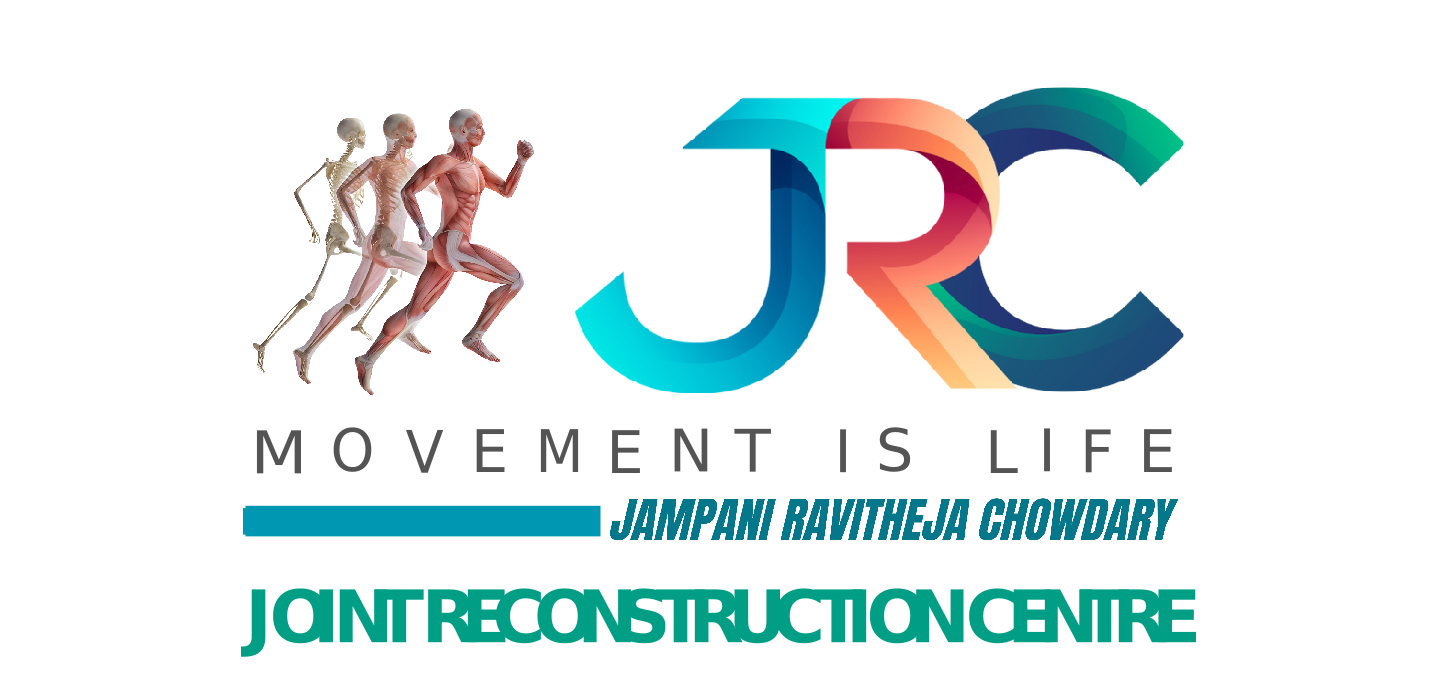An autoimmune condition leads to inflammation in the joints, causing pain, stiffness, and decreased mobility. While there is no specific diet that can cure RA, making mindful dietary choices can help manage symptoms and enhance overall well-being.
In this blog post, we'll explore the significance of nutrition in managing rheumatoid arthritis and provide some dietary recommendations to support your health.
Maintain a Balanced Diet
- Incorporate various foods, including fruits, vegetables, whole grains, lean proteins, and healthy fats.
- Ensure a well-balanced intake of macronutrients (carbohydrates, proteins, and fats).
- Include high-fiber foods like beans, lentils, and whole grains to promote gut health.
Anti-Inflammatory Foods
Anti-inflammatory foods to your diet, such as:
- Omega-3 fatty acids: It is found in fatty fish (like salmon, mackerel, sardines), flaxseeds, chia seeds, and walnuts.
- Turmeric: It contains curcumin, known for its anti-inflammatory effects.
- Ginger: Offers anti-inflammatory and antioxidant properties.
- Berries: Blueberries, strawberries, and cherries are rich in antioxidants that help reduce inflammation.
- Leafy greens: Spinach, kale, and Swiss chard are rich in antioxidants and phytochemicals.
Omega-6 Fatty Acids
- Reduce your consumption of omega-6 fatty acids, as they can lead to inflammation.
- Reduce consumption of processed and fried foods, certain vegetable oils (like soybean, corn, and sunflower), and high-fat dairy products.
Avoid Trigger Foods
- Some individuals experience sensitivities or allergies to certain foods that can worsen RA symptoms.
- Keep a food journal to spot trigger foods and talk about them with a healthcare professional.
- Common trigger foods include gluten, dairy, nightshade vegetables (such as tomatoes, peppers, and eggplants), and processed foods.
Vitamin D and Calcium
Make sure you get enough vitamin D and calcium, as RA can raise the risk of osteoporosis. Incorporate vitamin D sources like fatty fish, egg yolks, and fortified dairy products, and try to get some sunlight exposure. Add calcium-rich foods like dairy products, leafy greens, almonds, and fortified plant-based milk alternatives.
Weight Management
Maintain a healthy weight to reduce the strain on joints. Prioritize portion control and select nutrient-dense foods to support effective weight management.
Hydration
- Stay well-hydrated by drinking water throughout the day.
- Limit sugary drinks and excessive caffeine, as they can potentially exacerbate inflammation.
Consult with a Healthcare Professional
- Every individual’s dietary needs are unique.
- Consult a dietitian or doctor to develop a personalized diet plan tailored to your specific needs and medical condition.
While diet alone cannot cure rheumatoid arthritis, adopting a healthy eating plan can complement medical treatment and help manage symptoms. Prioritizing a balanced diet, incorporating anti-inflammatory foods, and avoiding trigger foods can positively impact your overall well-being. Be sure to consult with a dietitian to tailor a diet plan that suits your specific needs. By making informed dietary choices, you can take an active role in managing rheumatoid arthritis and enhancing your quality of life.


